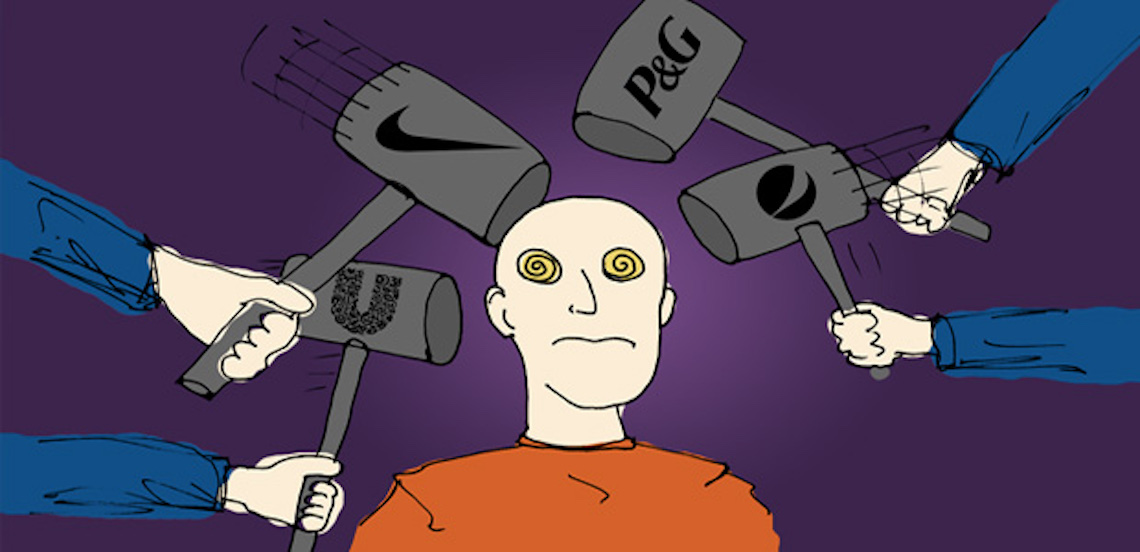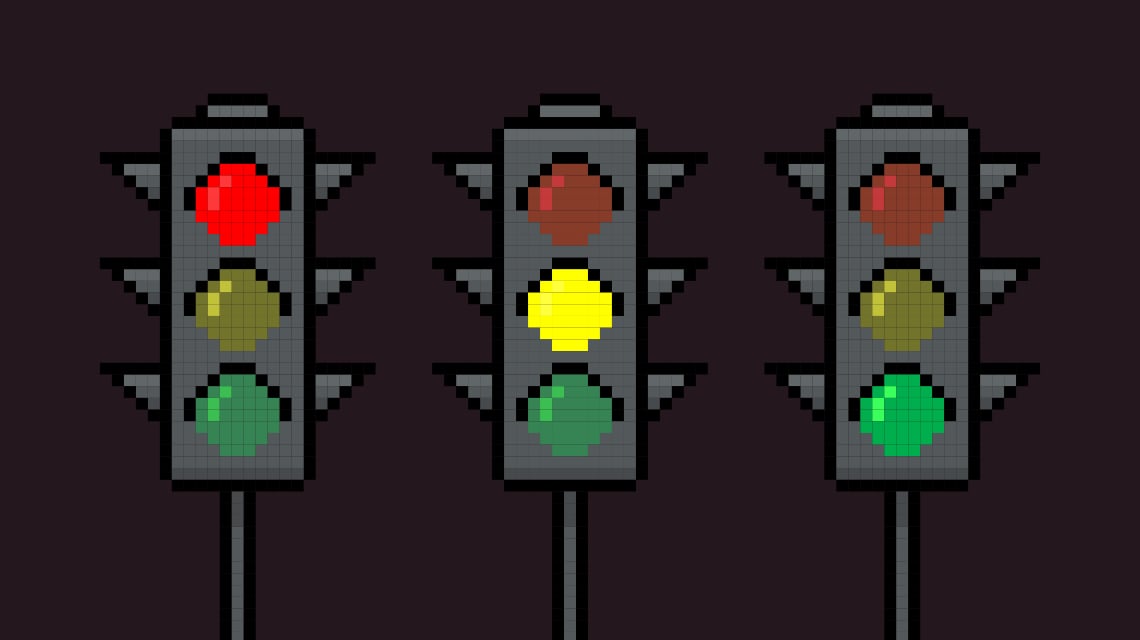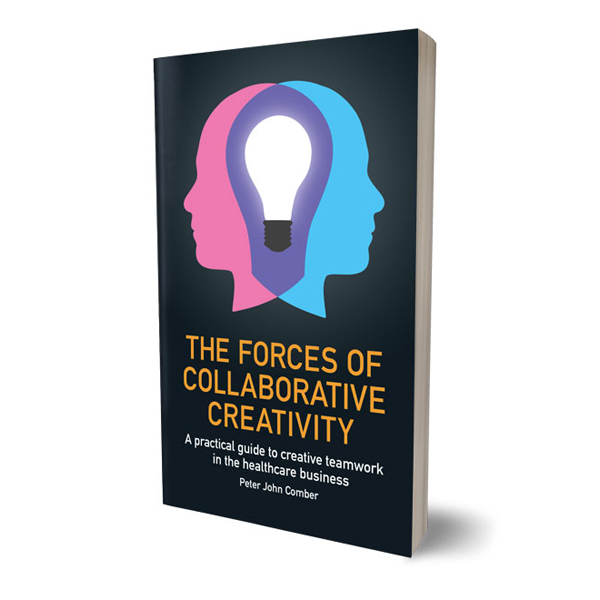You may call me a dreamer.
A bad user experience is bad advertising.
Ad-blocking is so mainstream that Google is working on a browser with built-in ad-blocking ability, yet Google’s advertising display business revenue for 2017 is projected to be $5.2 billion, so it’s not that they don’t like advertising. What Google doesn’t like is “bad” advertising, the overly invasive and occasionally dangerous (advertising as a vehicle for malware and other scams). But surveys suggest that users find almost all display ads to be bad and their reaction is to attempt to block all ads. Personally I don’t care if a site full of lolcats explodes with animated banners and autorun video with maxed out audio or is shut down because ad-blocking destroys their revenue stream. What concerns me is the future of serious journalism.
Reliable, credible, timely, useful, un-compromised, complete information has a cost. Historically that cost has been supported by ad spending (for years circulation accounted for around 20% of revenue). Online, paywalls exist but haven’t seen mainstream success and native advertising, as a reaction to ad-blocking, is effective, but raises important ethical issues and risks destroying, over time, the credibility and authority of the publisher. So what is the solution? Control.
If you provide content to a user you should control and be responsible for the experience, in every aspect. Control the format, curate the advertisers and their creative product. Control and react to the expectations of the user, explaining your advertising policy (it’s what pays for stuff you get for free) and giving them simple feedback tools to help you curate an advertising experience that enhances or detracts the least from their primary goal of consuming your content. The publishers who regain control of the advertising experience and therefore the overall experience for their users will differentiate themselves and be rewarded by more users and more loyalty. They will regain margin by dealing directly with advertisers, offering a safe and prestigious environment for brands and importantly they will be able to negotiate optimal tailored solutions that balance marketing needs and user experience. As a bonus, a controlled system like this would make ad-fraud (unless perpetrated by the publisher) almost impossible.
Google is trying to improve the user experience and protect the ads they themselves sell by eliminating the most annoying examples of ads (which, potentially, is anything they aren’t selling). It’s a smart and selfish move, one that publishers should copy by strengthening direct relationships with advertisers and using the technical possibilities of multimedia and the speed of digital production to deliver ad hoc sponsorship of news. It’s time for a renaissance of quality publication through thoughtful placement and adaptation.
You may call me a dreamer. But I’m not the only one.





